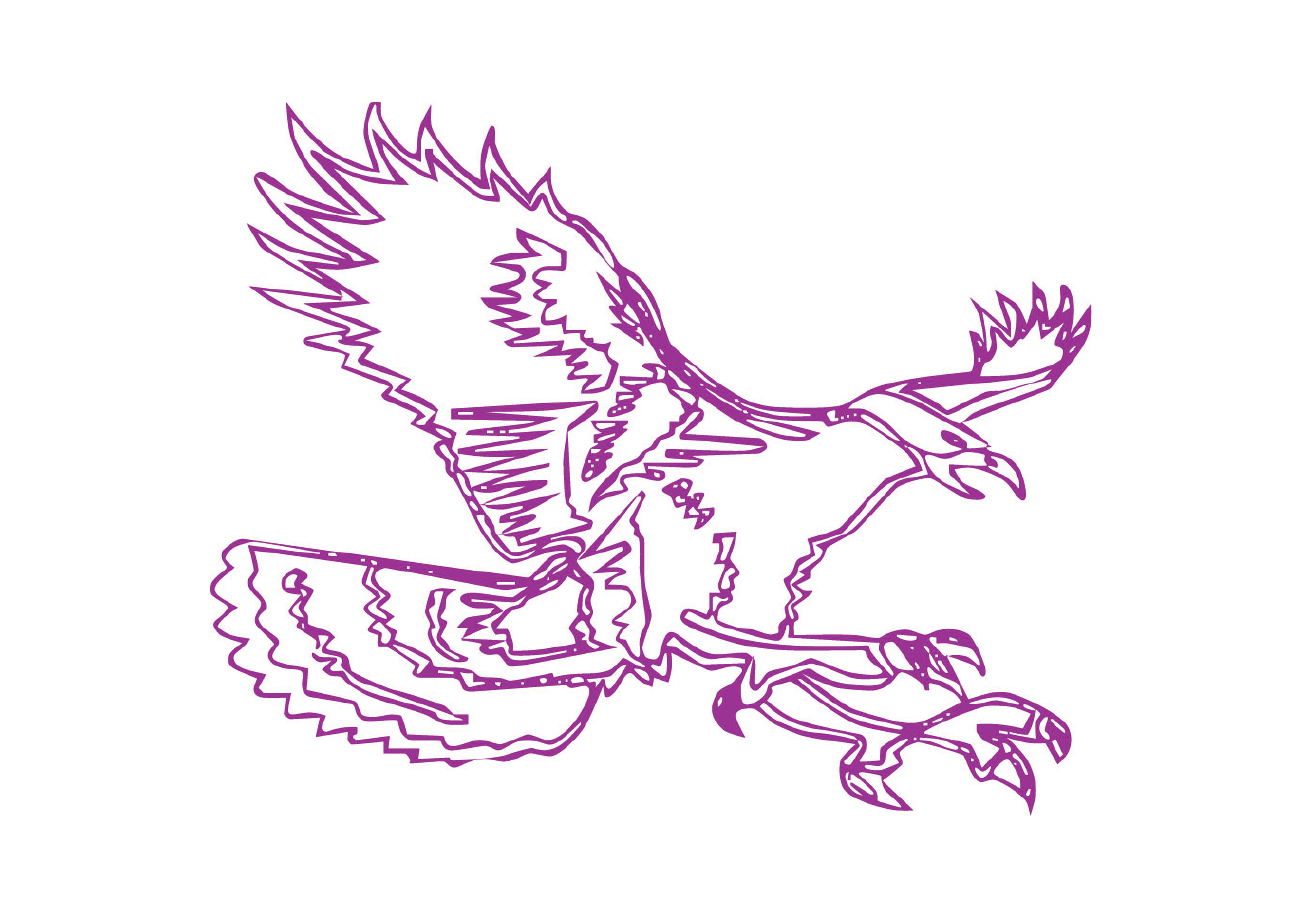Below are some useful websites and ideas to help supplement the “3 R’s” and support your child’s learning at home. These are also great resources during extended breaks (summer holidays for example).
Before exploring, one “warning”: It is very important to supervise and participate with your child while they are utilizing these resources. My own children will happily find the least educational aspect (usually some type of game) and spend hours learning very little. Please be sure to sit with your child(ren) and ensure that they are actually getting some valuable experiences from these resources.
Reading & Writing:
Sesame Street ebooks This is a great website for you to choose online books to read with your young reader. Be sure to read the “reading tips” page which provides excellent suggestions for exploring books.
Tumblebooks I’ve purchased a trial version of this website that will expire on October 5th, 2014. This is an excellent site with reading, math stories, quizzes, and much more for all age groups. You will need to login:
Username: hudsonshope
Password: trial
Just Books Read Aloud This website provides a very large number of books, in a variety of languages that are read aloud to children.
Storyline online This is another site that is read aloud to children (many of the presenters are popular actors/authors).
StoryNory This site provides printed stories, you can choose whether or not you want audio.
Clifford Interactive This site provides read along stories, as well as some phonics games.
Math, Spelling, Social Studies & Science:
ABC ya This is a fun website that provides a variety of interactive “games” for a variety of subjects.
IXL This is an excellent math website. I’ve purchased a 30 day trial, however you will need to email me and tell me if you want your child registered. Alternatively, you could purchase a membership yourself; the cost is $10.00/month for parents. Click on the membership link if you decide to register.
National Geographic Young Explorer This website provides listen & read options for students to enjoy a variety of National Geographic Explorer stories.
Cool Math This site provides a variety of math challenges and games for students from young ages up into the teens.
Kids USA This is an excellent site that provides a great variety of subjects and topics for students to explore. Be sure to click on the “learn stuff” tab to explore a variety of activities. The science section is particularly useful.
Learn 4 Good This website has some really interesting games for high school students. Games such as “arm surgery” introduce some medical field topics. “Third World Farmer” teaches students how to develop a small farm in a developing nation.
More Learn 4 good games My favorite is Wolf, Sheep, & Cabbage.
Khan Academy This is a very structured/scripted website that provides self paced learning for a variety of grade levels.
Other Resources:
SDL Directory This site provides a huge amount of links for teens to explore.
What else can I do at home?
1. Set routines. Students who have a daily routine and know their schedule are generally more successful than those who do not. Set up a time every day that your child knows he or she is going to learn. That doesn’t mean they “go their room and study”. As a parent, you need to supervise their learning. It is important to ensure that what your child is learning is within their capability (not too easy, but not too challenging).
2. Rote memorization is not “bad”. There is a growing “theme” in our culture that simply memorizing information is “bad” because it doesn’t show true understanding. Multiplication tables are a good example of this. Yes, it is vitally important that your child understands that 4×5 means (4 groups of 5 objects total 20 objects). However, if they DO understand the concept, then it is VERY BENEFICIAL for them to memorize their “times-tables”. We have a very limited amount of “working memory” to solve problems and learn new concepts. If your child is trying to solve an algebra problem, but needs a calculator to figure out the mental math part (e.g. 12×11), it becomes much more difficult to learn new abstract concepts. So, if you’re confident that your child can show you what a concept means (whether it’s addition, subtraction, multiplication….) it is an excellent idea for them to practise and memorize “answers”. It will also boost confidence!
3. Make learning fun! There are multitudes of activities you can do to break up the “sheet of questions” work. Here’s a fun math game that can easily be adapted for different ages:
“War”: In this game you will need 3 die. It doesn’t matter how many players there are.
Materials: 3 die, a paper and pencil.
1. Grab a piece of paper to track each player’s score.
2. Decide on the Goal (E.G.: 300).
3. Player 1 rolls the dice. Multiply 2 of the dice, and add the third.
4. Record the total and allow each player a turn.
5. Once the first player is up again, he/she will continue rolling the dice and then adding the new roll to the total. (Make sure they are actually doing the adding themselves and that it’s accurate).
The first player to reach 300 is the winner.
There are all kinds of variations to this game depending on the age and ability level.

